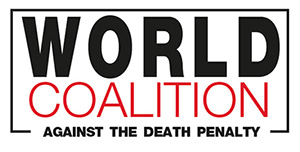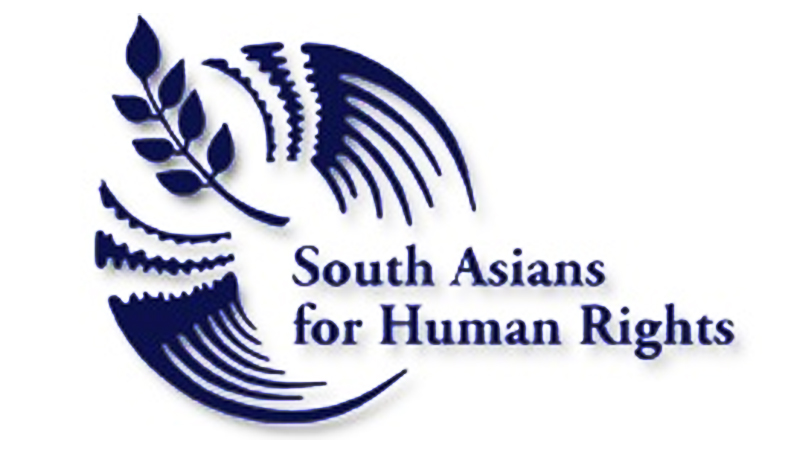State institutions must tackle people’s problems: HRCP
Lahore, April 16: The institutions of the state must discard pursuit of personal agendas and join hands to reverse the worsening conditions for the populace, the Human Rights Commission of Pakistan (HRCP) Executive Council said in a statement issued on Saturday at the conclusion of its two-day meeting.
The HRCP Council said, “The people have been struggling to safeguard and assert their rights amid dismal conditions across the country. But the people’s achievements in that struggle, small though they may be, reinforce belief in their ability to turn the corner. Whatever capacity human rights defenders in Pakistan, including HRCP activists, have is crucial in the circumstances but that cannot supplant the state’s responsibility to protect and ensure rights for all people.
Balochistan: The human rights situation is grave across the country but nowhere is it more so than in Balochistan, as bulk of the problems stem from poor political management. HRCP extends solidarity and sympathy to the people in the province, who have long been struggling for their rights amid persistent injustices, discrimination, enforced disappearances and now disposal of dead bodies of missing persons by the roadside. The state must afford appropriate protection to all citizens and consider meaningful political measures to engage the disgruntled elements. All target killings, of Baloch or non-Baolch, must be unreservedly condemned by all actors, who must play their role in identifying, isolating and bringing to justice the killers.
Minorities: The religious minorities in Pakistan are faced with their grimmest hour in the country’s history. They have been victims of increased faith-based violence, and rapidly contracting space for non-Muslims. HRCP is perturbed beyond words by reports of members of minority communities fleeing the country for the sake of safety. No well-directed effort to mitigate their suffering is visible. HRCP calls for urgent steps to address their plight.
Violence: The state’s capacity to deal with violence perpetuated in the name of religion has seriously declined, and has almost been surrendered in Punjab. There is complete impunity for individuals and groups inciting violence. The repeated cycles of killings in Karachi have left the citizens with an acute sense of insecurity. The state’s response to this bloodletting must reflect the people’s grave concern. Incidents of mob violence across the country reflect brutalization of society and people’s lack of faith in the state’s ability and capacity to provide justice. All incidents of violence, irrespective of the perpetrators, must be investigated and those found responsible should be effectively prosecuted. Reports of judicial enquiries into mob justice, target killings and violence against minority communities must be made public and the recommendations suggested given weight.
Extra-legal killings: The Commission is alarmed at continued extra-legal killings across the country, including those carried out by police in the provinces, those in the country’s conflict areas and those in the form of the so-called ‘collateral damage’. HRCP demands that every extra-legal killing should be investigated and the perpetrators tried in accordance with law. Appropriate compensation must be given to the families of the individuals killed in an unlawful manner by state agents.
Governance: The people are extremely concerned over poor governance, particularly over the institutions of the state encroaching upon each others jurisdiction. All institutions must work in unison to overcome the complex challenges facing the country.
Local bodies: The void left at the grassroots by winding up of the local government system has exacerbated the governance crisis. The local bodies elections must be held at the earliest to enable the people to run their affairs through their elected representatives.
Tribal Areas: It is a matter of serious concern that the debate for bringing the tribal areas into the national mainstream is no longer part of the official discourse. The reform process must be set in motion at the earliest, the people of the region should be consulted and their concerns addressed.
Financial difficulties: The people’s difficulties have aggravated amid a combination of inflation, plummeting standards of living, difficulties in obtaining utilities, unemployment, crime and violence. The alarming statistics of suicides—at least 2,400 citizens took their own lives in 2010—speak volumes about the frustration and desperation of the people. The state must ensure basic human rights, such as education, health and a dignified living, for all citizens irrespective of their financial state.
Floods: It is a matter of serious concern that the devastating flood of 2010 have been forgotten and the measures required to address the needs of millions of citizens remain lacking.
Displacement: The challenges thrust upon the people by internal displacement need to be addressed on priority. All possible actions must be taken to prevent displacement from occurring and to cushion the people from its effects where displacement is inevitable.
Women & children: Violence and discrimination against women remain as insidious as ever. The state must proactively and effectively prosecute the perpetrators in every incident of violence, harassment or discrimination against women. The necessary financial and administrative commitments must be made to realize the recently acknowledged right to education. The state must come up with a clear response to the widespread violence and abuse against children and set up effective mechanisms to deter and punish violations.
Finally, the fact that Pakistan has now signed all the core international human rights treaties must lead to improved conditions for the people. HRCP calls upon its members and the civil society at large to strive for removal of the problems listed above and form larger alliances to effectively further the human rights agenda.”
|
Members of HRCP Executive Council
|
Dr. Mehdi Hasan
Chairperson |
Category: English






